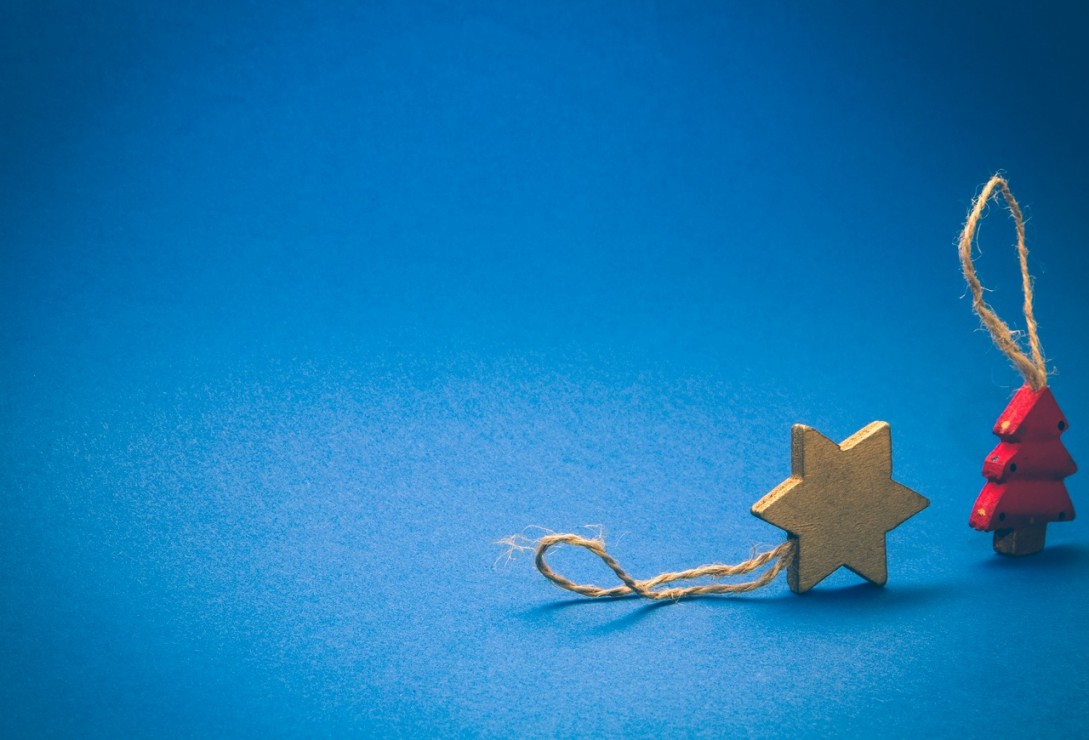Is it ‘merry Christmas’ or ‘happy holidays?’ Regardless of how we say it, the message is the same: wishing someone a happy winter season. But in Western culture, the season is so heavily associated with Christmas, where people exchange gifts in the name of giving, it’s easy to forget that in our beautiful multicultural country, others are celebrating in many different ways. It’s good to remember and acknowledge that others are taking part in other forms of celebration, so, here’s a list of alternative holidays celebrated during the chilly month of December:
HANUKKAH, OR THE FESTIVAL OF LIGHTS
Hannukkah is a Jewish tradition honouring the re-dedication of the Holy Temple in Jerusalem. Hanukkah lasts for eight nights and eight days, and may occur at any time from late November to late December. Every night, a candle is lit on a Menorah, and Jewish people pray and recite blessings as each candle is lit. Observers also give small gifts to children and play dreidel, a gambling game played with small candies and nuts.
YULE
Yule is a Pagan winter festival that lasts from late December to early January, coinciding with the celebration of Winter Solstice. Celebrations differ for each observer, though generally most gather in ritual circles and participate in gift giving from both inside their homes and in their covens.
KWANZAA
Kwanzaa is a week-long celebration held in the United States and in other western nations with diasporic Africans. The celebration honours African heritage and African-American culture, and lasts from December 26 to January 1. Observers light a candle for each of the seven days, as well as meet to reflect on African traditions that may include drumming and singing.
BODHI DAY, OR THE DAY OF ENLIGHTENMENT
Bodhi Day is celebrated on Dec. 8, and observes the day that Buddha, or Siddhartha Gautama, experienced enlightenment. Often, multicoloured lights are strung to houses throughout December, and a candle is lit daily to represent the many pathways to enlightenment.
YALDA
Yalda is an Iranian festival that cel- ebrates the victory of light and goodness over darkness and evil. This holiday is celebrated on Dec. 21 by staying up late or all night, a practice known as Shab Chera, or ‘night gazing.’ Red fruits and nuts are eaten to represent the coming of dawn.
DŌNGZHÌ FESTIVAL, OR WINTER SOLSTICE FESTIVAL
Dōngzhì literally translates to ‘the arrival of winter.’ It is one of the most important festivals celebrated by the Chinese and other East Asians, and occurs during the Dongzhi solar term (winter solstice) on or around Dec. 22. Festivities include feasting on lamb dumplings and Tang Yuan (rice balls) as a symbol of preparing for harsh winters ahead.
DHU AL-HIJJAH
Dhu al-Hijjah is the December month of the Islamic calendar, where Muslim pilgrims from all around the world congregate at the Mecca in Saudi Arabia. For the first nine days of the month, fasting and prayer are observed, culminating in the Festival of Sacrifice on the tenth day.
Here on campus, the UVic Interfaith Chapel caters to many different spiritual beliefs both during the holiday season and throughout the year. Though things tend to slow down during the winter time, the Interfaith Chapel hosts events for Anglicans, Baptists, Buddhists, Jewish people, and more. Multifaith chaplains lead services, masses, meditation circles, and Muslim prayers both at UVic and in the community, in cooperation with the Multifaith Society of B.C.
So, whether you say merry Christmas, happy Hanukkah, or just happy holidays to encompass all the celebrations, we wish you the very best this wintery season.
More information about the Interfaith Chapel and different ways to celebrate the holidays can be found on their website at web.uvic.ca/multifaith/chapel.







